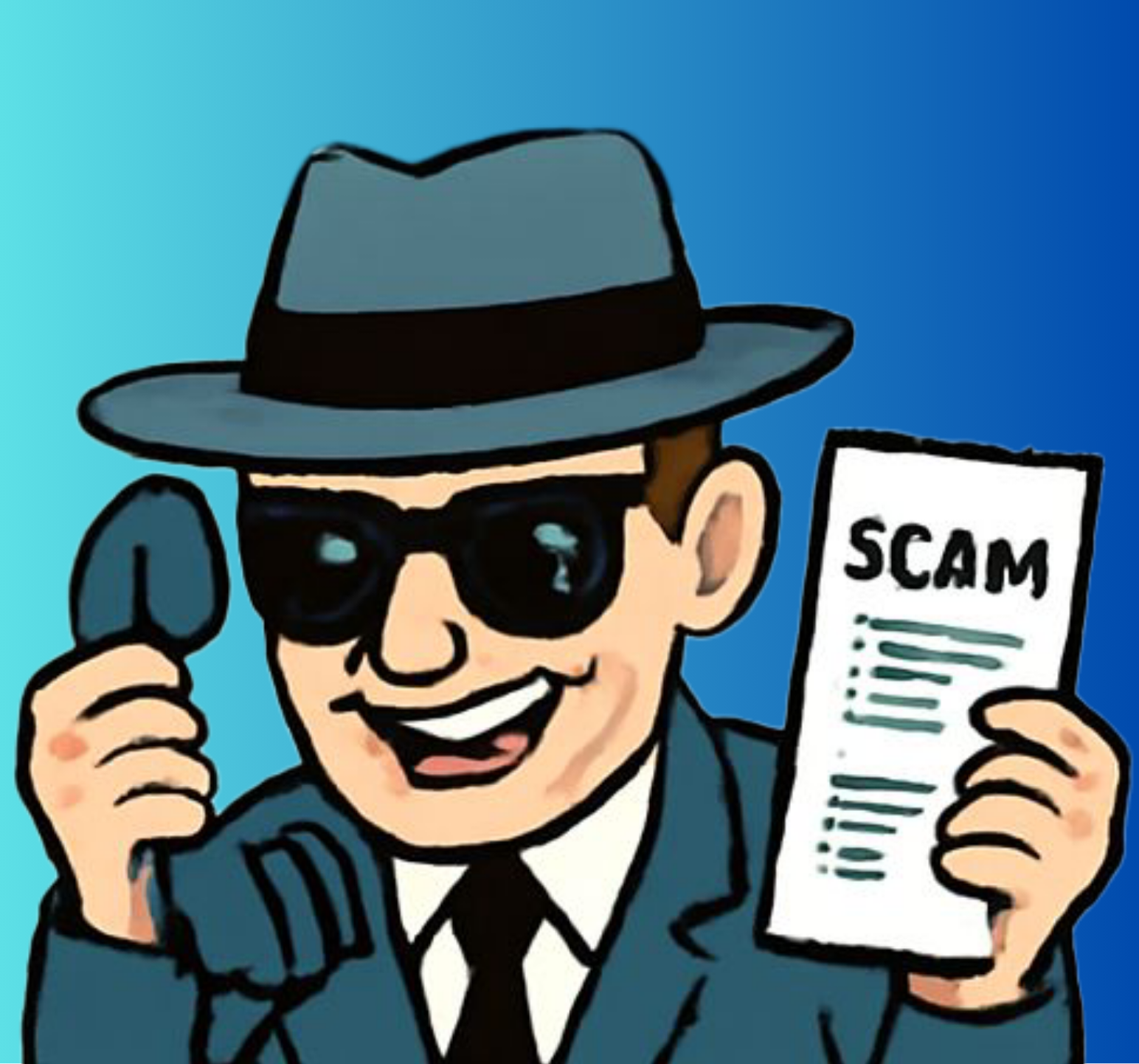
Businesses Targeted by Receipt Advertising Scam Across Multiple Regions
A concerning scam involving offers to advertise on the back of customer receipts has been reported by businesses in multiple locations worldwide.
How the Scam Works
Scammers approach small businesses, often in person, by phone, or through unsolicited mail, offering a seemingly legitimate opportunity to advertise on the back of shopping or grocery store receipts. The promise is increased exposure to local customers, often at a modest price. However, victims typically discover that the advertising is never provided, is delivered in an unverifiable or negligible manner, or that their business is billed for unwanted services or unauthorized renewals. In some cases, aggressive tactics such as fake invoices, persistent follow-ups, and threats of debt collection are used to coerce payment.
Reported Locations and Variations
🇺🇲 United States:
Businesses from Oklahoma to Missouri and Florida have been affected. In Claycomo, Missouri, and Zona Rosa, business owners recounted paying hundreds of dollars for ads that never appeared as promised. Similar scams, confusingly using familiar names like "Yellow Pages," have been reported throughout the country.
🇨🇦 Canada:
Canadian business owners, especially in British Columbia, Quebec, and Ontario, have reported receiving invoices for business directory or receipt advertising placements that either did not exist or had negligible circulation. Many fraudulent operators use names similar to trusted brands, causing confusion and leading to unwanted payments.
🇦🇺 Australia:
Australian authorities have documented several cases involving fake ad invoices, unauthorized directory listings, and receipt-based advertising scams. These are routinely reported to consumer protection agencies and are referred to as "false billing scams" or "unauthorized advertising scams." Scamwatch and other government agencies continue to warn businesses about these threats.
🇬🇧 United Kingdom:
UK businesses have faced similar scams, such as official-looking mailings requesting payment for inclusion in fake company registries or non-existent publications. Small companies, in particular, are vulnerable to these offers, which often lead to significant financial loss or disruption.
Why the Scam Persists
This scam thrives due to several factors:
- The deceptive use of reputable-sounding names or lookalike logos.
- Aggressive and convincing sales tactics that pressure businesses to act quickly.
- Fake invoices that closely mimic legitimate billing statements.
- Lack of widespread public awareness about the scam’s prevalence and evolving methods.
Protecting Your Business
Authorities and business organizations recommend the following steps to avoid falling victim to these scams:
- Carefully review any unsolicited offers or invoices for advertising.
- Verify the credentials of the company and ask to see actual samples of the advertising.
- Cross-check with local business directories or organizations to confirm legitimacy.
- When in doubt, report suspicious solicitations to local consumer protection agencies or law enforcement.
- Log in to post comments
